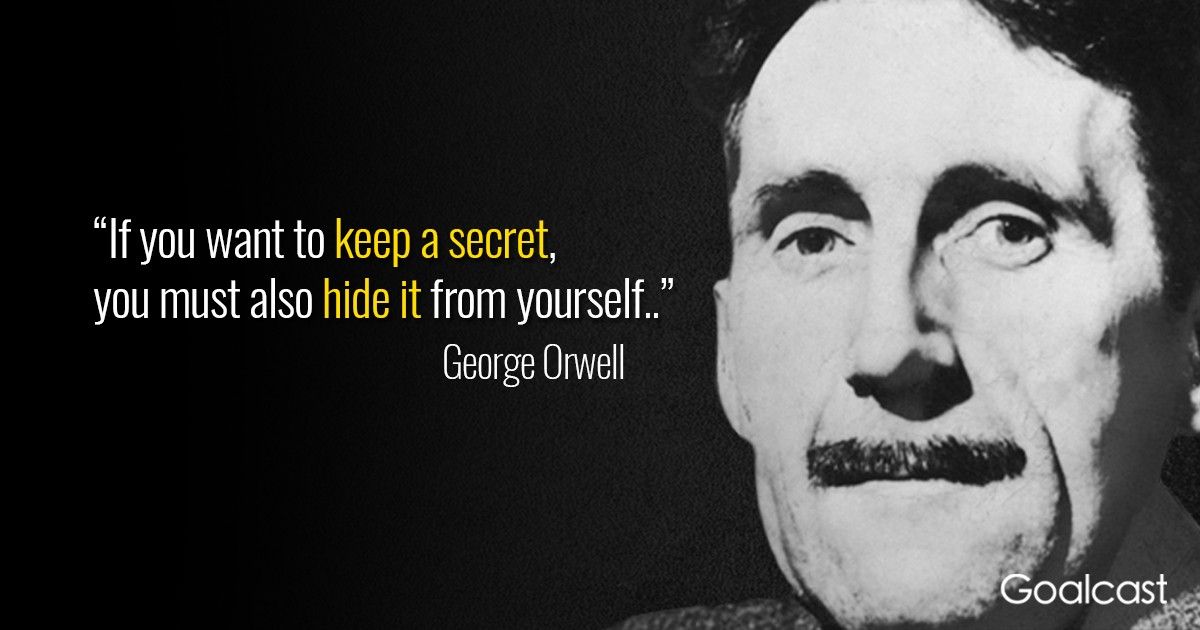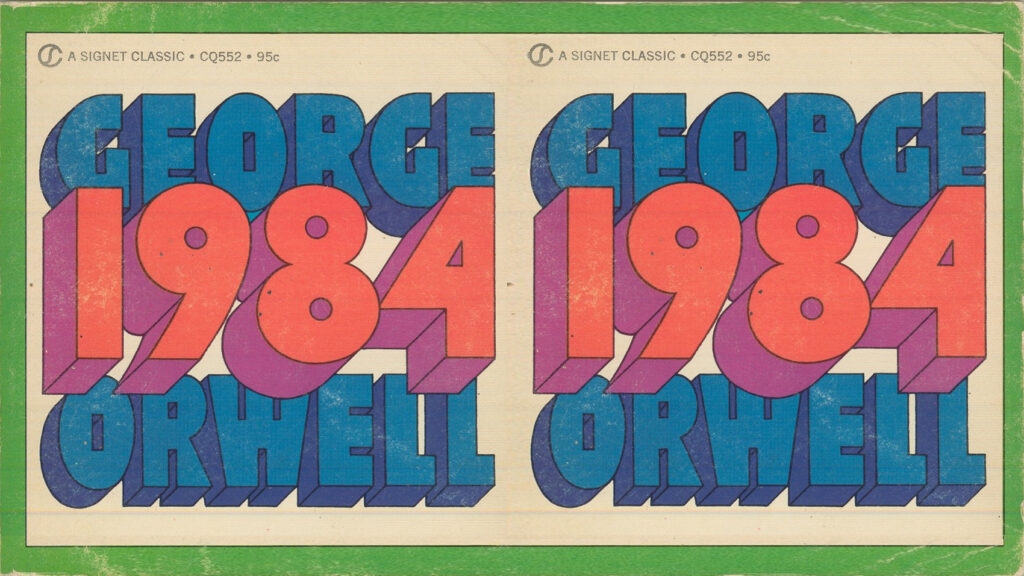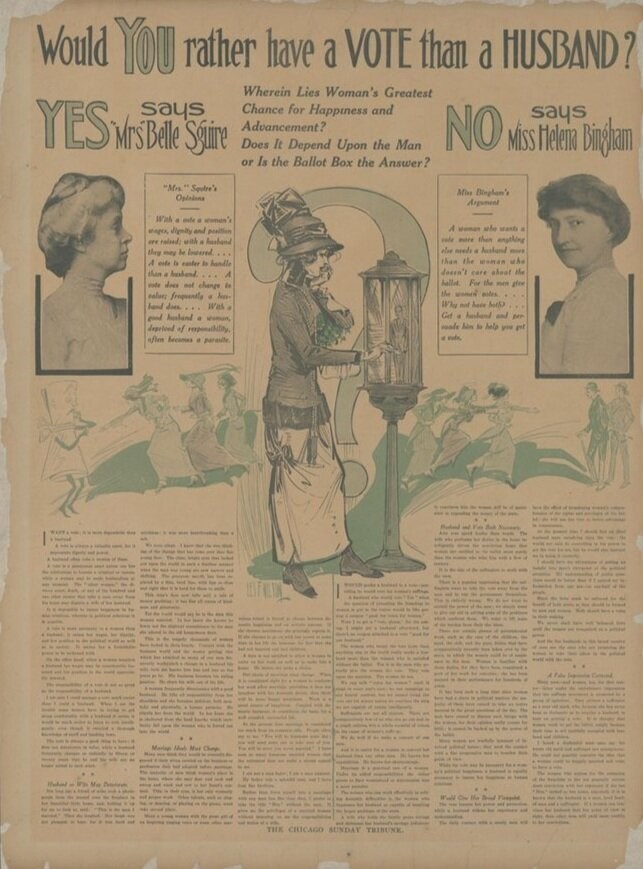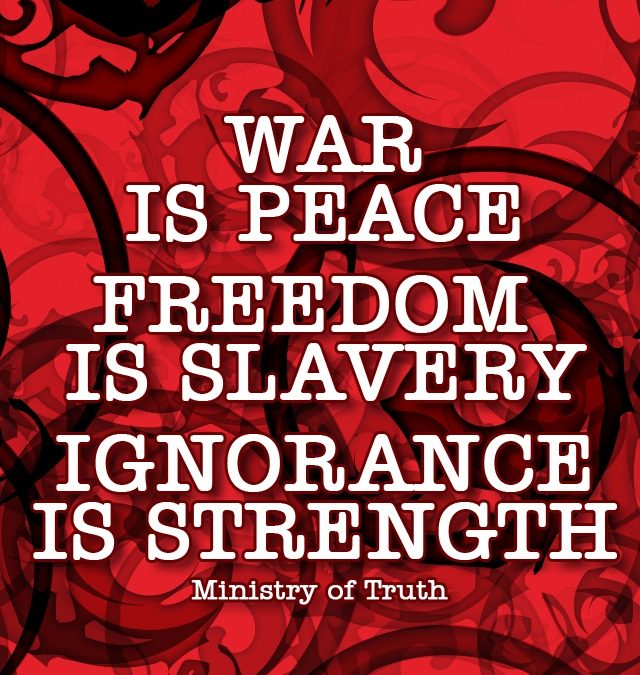In George Orwell's 1984, the concept of history and its manipulation play a significant role in the dystopian society in which the novel is set. The Party, the ruling body of this society, is deeply concerned with controlling the narrative of the past and present in order to maintain its power and influence over the population. One way it does this is by actively erasing and altering history.
The Party employs a group of workers known as "memory holes," who are responsible for destroying documents and other materials that do not align with the Party's version of events. This includes anything that might contradict the Party's official narrative or expose its wrongdoing. The Party also employs "newspeak," a form of language that is designed to limit the range of thought and expression, making it more difficult for people to challenge the Party's version of reality.
One of the most notable examples of the Party's manipulation of history is the way it constantly changes its own official records. For example, the Party will often change its own laws or policies retroactively, and then re-write the historical record to reflect the changes as if they had always been in place. This is done in order to make it impossible for people to hold the Party accountable for its actions, as there is no longer any accurate record of what it has done in the past.
The Party's manipulation of history also extends to the way it portrays its enemies. The Party regularly revises its list of enemies, adding or removing names as it sees fit. It also constantly rewrites the history of its conflicts with these enemies, portraying itself as the heroic defender of the people and its enemies as evil and undeserving of sympathy.
The Party's efforts to erase and alter history serve a number of important functions. By controlling the narrative of the past, the Party is able to shape the way people think about the present and the future. It can present itself as the only viable option for ruling society, and can portray any potential challengers as being opposed to the best interests of the people. Additionally, by constantly revising its own history, the Party is able to avoid accountability for its actions and maintain its power and influence over the population.
In conclusion, the concept of history and its manipulation play a significant role in Orwell's 1984. The Party's efforts to erase and alter history serve to maintain its power and influence over the population by controlling the narrative of the past and present, and by avoiding accountability for its actions.








